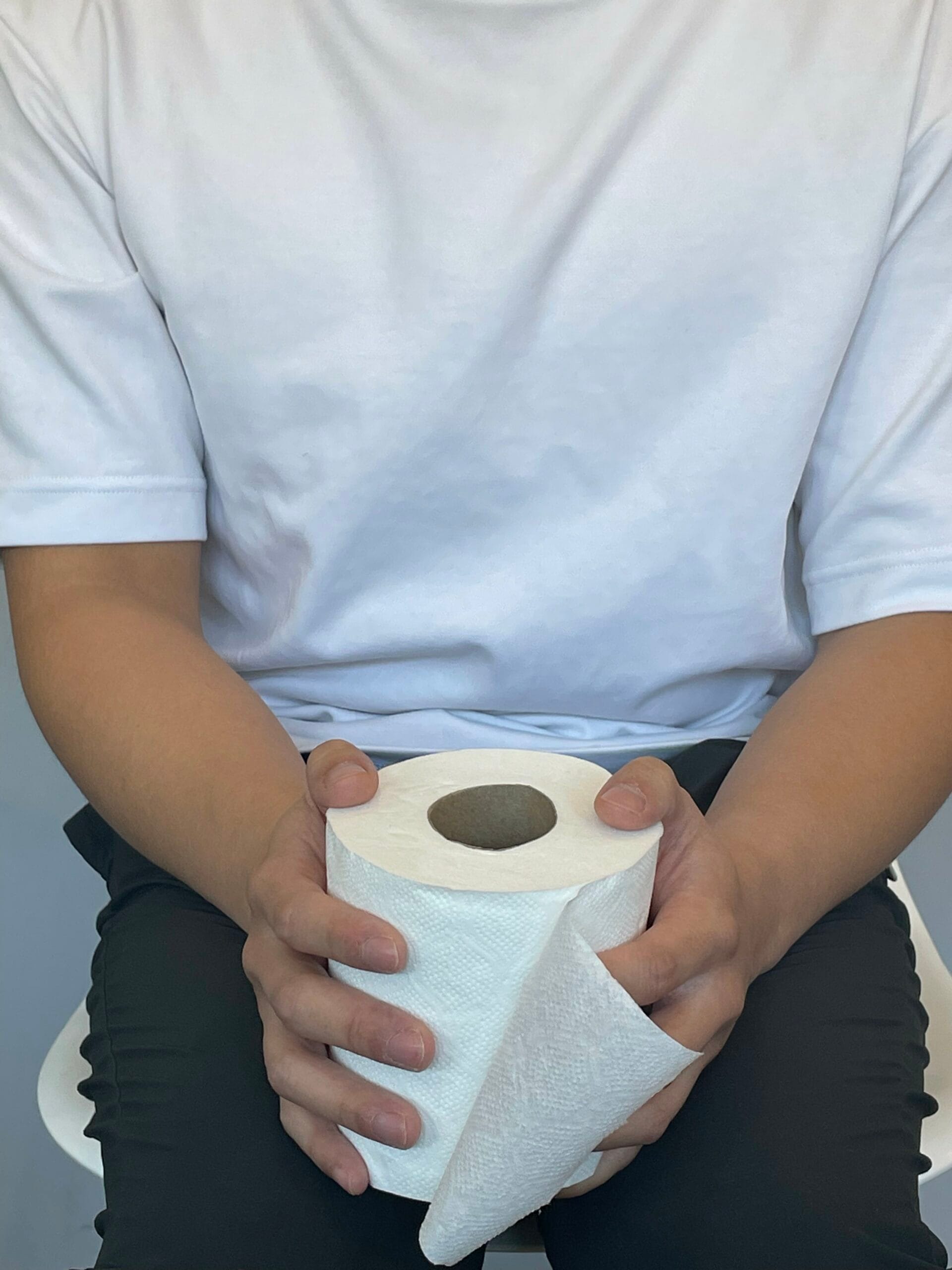Menopause brings about numerous changes in a woman’s body, and one of the more common, yet rarely discussed, issues is painful sex. This discomfort can be distressing and have a significant impact on your intimate relationships and quality of life. However, many don’t realize that a key factor in this pain could be pelvic floor health.
In this post, we’ll explore how menopause affects your pelvic floor, why it can lead to painful sex, and what can be done to manage and alleviate this condition. Let’s break it down.
1. Understanding Menopause and Vaginal Changes
Menopause, typically occurring between ages 45 and 55, is marked by the natural decline in estrogen levels. This hormone is essential for maintaining the health and elasticity of your vaginal tissue. When estrogen production decreases, the vagina can become:
- Drier (vaginal atrophy or dryness)
- Thinner and more fragile
- Less elastic
These changes contribute to vaginal discomfort, especially during intercourse, and are a common cause of pain during sex for women in menopause.
2. The Role of the Pelvic Floor in Sexual Health
Your pelvic floor muscles play a crucial role in sexual function. These muscles support the pelvic organs, including the bladder, uterus, and rectum, and also control vaginal tightness and relaxation during sex.
When pelvic floor muscles are functioning properly, they:
- Help maintain vaginal tone
- Support lubrication and arousal
- Allow comfortable contraction and relaxation during intercourse
However, during menopause, the pelvic floor muscles may weaken or become overly tight (hypertonic), both of which can contribute to pain during sex. In fact, pelvic floor dysfunction is one of the leading causes of dyspareunia (painful sex) in menopausal women.
3. How Menopause Affects the Pelvic Floor
As estrogen levels drop, not only does vaginal tissue change, but the pelvic floor muscles also lose elasticity and strength. There are two main types of pelvic floor dysfunction that can result from menopause:
- Weak Pelvic Floor: Weakened muscles can result in less support for the pelvic organs, which may contribute to conditions like pelvic organ prolapse. This can lead to discomfort during sex.
- Tight Pelvic Floor: Some women develop tight or overactive pelvic floor muscles (hypertonicity), which can create tension and pain during penetration.
These issues, combined with vaginal dryness, can make intercourse uncomfortable or even painful.
4. Managing Painful Sex: The Role of Pelvic Floor Physiotherapy
The good news is that pelvic floor physiotherapy can play a significant role in managing and reducing pain during sex, particularly for women going through menopause.

Here’s how it works:
Pelvic Floor Muscle Training
For women with weakened pelvic floor muscles, physiotherapists may recommend exercises such as Kegels to strengthen the muscles. Strengthening exercises can improve vaginal tone, enhance sexual function, and reduce discomfort during intercourse.
Relaxation Techniques and Biofeedback
For those experiencing tight or overactive pelvic floor muscles, relaxation techniques are key. Physiotherapists can guide you through:
- Stretching exercises to release tension in the pelvic floor
- Breathing exercises to promote muscle relaxation
- Biofeedback to help you learn how to consciously relax your pelvic floor during sex
Vaginal Dilators

In some cases, physiotherapists may recommend vaginal dilators to help gently stretch and relax the vaginal muscles. This can be particularly helpful for women experiencing severe pain with penetration.
5. Additional Tips to Alleviate Painful Sex
In addition to physiotherapy, there are a few lifestyle adjustments and treatments that can help alleviate painful sex during menopause:
- Lubricants: Using a water-based lubricant can ease vaginal dryness and reduce friction during intercourse.
- Moisturizers: Regular use of vaginal moisturizers can help maintain hydration and prevent tissue dryness.
- Hormone Therapy: Consult with your doctor about localized estrogen treatments, such as creams, to restore vaginal tissue health.
- Open Communication: Talk to your partner about your pain and work together to find positions and techniques that minimize discomfort.
6. When to Seek Help
It’s important to remember that painful sex during menopause is not something you have to live with. If sex becomes uncomfortable or painful, seeking the help of a pelvic health physiotherapist can make a big difference. They will conduct a thorough assessment, address the underlying pelvic floor issues, and create a personalized treatment plan to restore your comfort and confidence in intimacy.
Painful sex during menopause is a common yet manageable issue. The changes in hormone levels can affect your vaginal health and pelvic floor, leading to discomfort during intercourse. However, pelvic floor physiotherapy can offer effective solutions, whether through strengthening, relaxation techniques, or other therapeutic methods.
By addressing these changes head-on and seeking appropriate treatment, you can enjoy pain-free and fulfilling intimacy throughout your menopausal years.
Do you have questions about how your pelvic floor may be contributing to painful sex? Contact us today to learn more about how pelvic health physiotherapy can help you regain comfort and confidence in your body.
Our pelvic health physiotherapists in Mississauga can help you regain your quality of life, menopause or not!
Written by Roshni Ravi, Pelvic Health Physiotherapist
Constipation is a common gastrointestinal (GI) condition that causes difficulty with passing stool or reduces the frequency of having a bowel movement. It can be caused by
– dehydration
– diet e.g. not enough fibre
– sedentary lifestyle
– Ignoring the urge for a bowel movement due to pain.
– Pelvic organ prolapse (POP)
– Medications such as anti-inflammatories, iron supplements or anti depressants.

Medically, constipation is defined as having fewer than 3 bowel movements a week with hard stools.
Pelvic muscle dyssynergia (incoordination) can lead to constipation. During a typical bowel movement, the pelvic floor needs to relax in order to evacuate stool. When there is tightness in the pelvic floor muscles, it can be painful or uncomfortable to pass stool.
Treatment for constipation can include a number of lifestyle modifications such as increased fibre and water intake, and regular exercise. However, consulting with a pelvic physiotherapist can improve outcomes, by creating an exercise program specific to your pelvic floor dysfunction. The need for lengthening versus strengthening of the pelvic floor is determined through internal vaginal or rectal examination. Another option is seeing a naturopath for ways to adjust your diet accordingly. Quite often, both treatments go hand in hand.
Experiencing constipation or constipation like symptoms? Book a consultation with one of our pelvic physiotherapists today!
“Pelvic physiotherapy can be an effective solution for relieving constipation and improving overall pelvic health. Triangle Physiotherapy offers specialized services across the GTA, including Physiotherapy in Etobicoke, Oakville, North York, Toronto, Lawrence Park, Queens Quay, Erin Mills, Mississauga, and Liberty Village. Our experienced team can help you develop a personalized treatment plan to address constipation and enhance your quality of life.”





